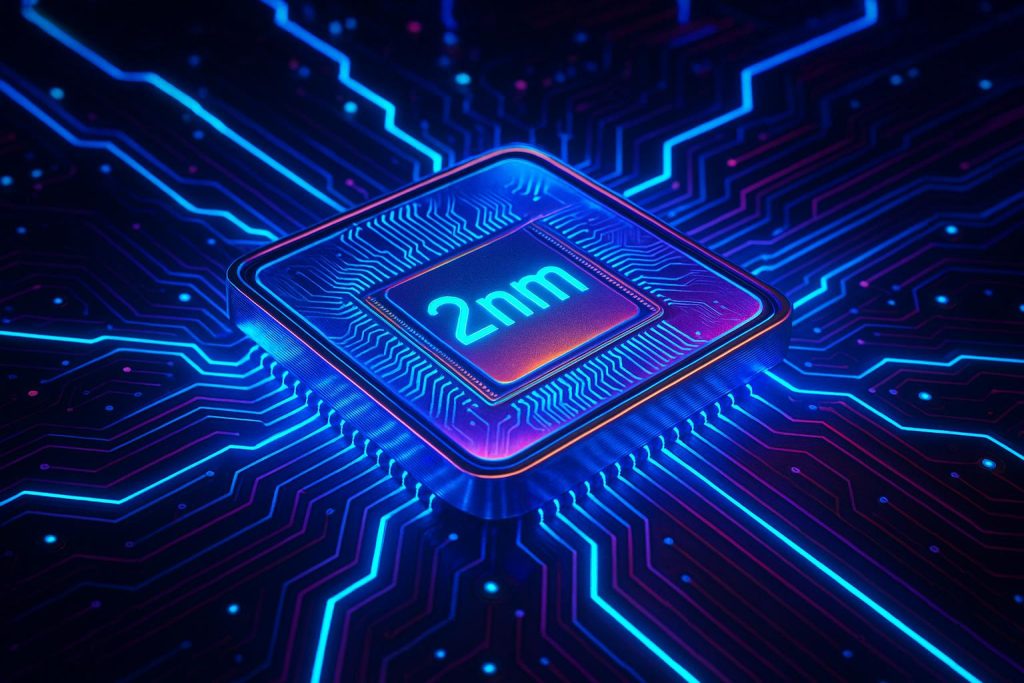Listen to the article
Apple’s upcoming iPhone 18 Pro and iPhone Fold are expected to feature the company’s first 2-nanometre A20 chip, powered by TSMC’s latest process and packing innovation with new packaging and a cutting-edge modem, signalling a major leap in device performance and connectivity.
Apple is poised to make significant technological strides with its upcoming iPhone Fold and iPhone 18 Pro models, which are expected to showcase the company’s first 2-nanometre (nm) A20 chip. This advancement marks a substantial leap from the current 3nm A19 chip found in the iPhone 17 series, promising not only enhanced performance but also improved power efficiency. The A20 chip is being fabricated through TSMC’s latest 2nm process, which is anticipated to enable more transistors within the processor, contributing to these gains in speed and efficiency. Industry reports also indicate that this cutting-edge chip will extend beyond smartphones, with future integration likely in the MacBook Pro and Apple’s Vision Pro mixed reality headset.
The A20 chip is set to incorporate TSMC’s Wafer-Level Multi-Chip Module (WMCM) packaging technology, a novel approach that integrates multiple components within the same chip package. This advanced packaging method is designed to improve overall chip performance, thermal management, and energy consumption, factors critical for the high demands of next-generation devices. TSMC has reportedly established a dedicated production line to support Apple’s mass production schedule, which is expected to begin in the second half of 2026. This timeline aligns with credible analyst assessments that point to the iPhone 18 series as the inaugural Apple devices featuring the 2nm technology.
In addition to the processor upgrade, Apple plans to debut a new in-house modem, named the C2, in these high-end models. This upgraded modem addresses performance limitations found in the current C1 and its iteration, the C1X, chips. Previously, Apple’s modems lagged behind competitors, particularly Qualcomm, in delivering fast mobile data speeds, and notably lacked mmWave 5G support—a critical factor for accessing the fastest mobile networks. The C2 modem aims to rectify this by incorporating mmWave 5G capabilities, although this enhancement appears reserved for premium models like the iPhone Fold and iPhone 18 Pro, further distinguishing them within Apple’s product range.
Rumours suggest that beyond technical enhancements, the iPhone 18 Pro might also feature notable design changes, such as an in-display Face ID system paired with a punch-hole front camera, moving away from the Dynamic Island design seen in earlier models. Meanwhile, the iPhone Fold is expected to adopt a different biometric authentication method, integrating Touch ID into the side button for enhanced convenience and security.
Apple’s aggressive push into the 2nm process signals its commitment to maintaining leadership in chip innovation, despite reports of competitive tensions around its proprietary technology. As the rollout unfolds from 2026 onward, consumers and industry watchers alike will be keen to observe whether the anticipated performance and efficiency benefits materially shift the smartphone and broader device landscapes.
📌 Reference Map:
Source: Fuse Wire Services


